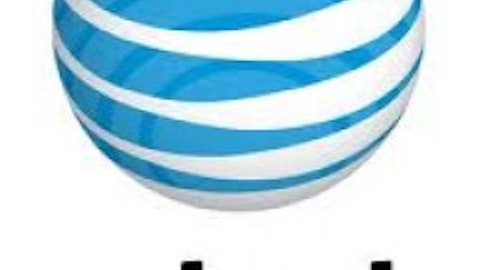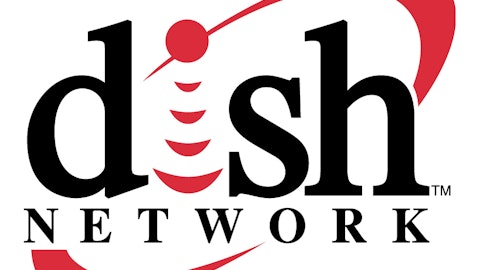Last month, a U.S. national security accord cleared the way for a takeover of Sprint Nextel Corporation (NYSE:S) by Japanese firm SoftBank. The deal faces scrutiny because of national security threats that come with foreign involvement in domestic telecommunications.
For Sprint, the acquisition is just what the doctor ordered. Since 2007, the U.S.’ third-largest telecommunications provider has seen its shares plummet. Simultaneously, Sprint Nextel Corporation (NYSE:S) watched competitors Verizon Communications Inc. (NYSE:VZ) and AT&T Inc. (NYSE:T) take off as the dominant players in the industry.
What does the acquisition mean for Sprint Nextel Corporation (NYSE:S)? Here are three reasons that I think Sprint is making the right call.
1. Market share
As Sprint’s market share went down, so did its share price. In 2007, Sprint enjoyed a 23% slice of the U.S. market, while Verizon and AT&T had 26% each. Although Sprint had a bit less of market share than its competitors, it led in average revenue per consumer because it had a strong hold on the relatively new data market. Today, Sprint Nextel Corporation (NYSE:S) holds only 10% compared to Verizon Communications Inc. (NYSE:VZ) and AT&T Inc. (NYSE:T) with 37% and 28%, respectively. Sprint was over-powered and hasn’t been able to recover.
Enter SoftBank. As one of the largest telecommunications providers in Japan, Softbank has access to major channels that Verizon Communications Inc. (NYSE:VZ) and AT&T Inc. (NYSE:T) do not. I see this as a chance for Sprint to gain ground in global market share. In January, SoftBank was ranked first in net additions of subscribers for the fifth consecutive year. Sprint can use SoftBank’s vast network to increase its reach throughout the world.
2. Spectrum
There are few things more important in a wireless world than spectrum. Spectrum is the mass of invisible waves that allow you and I to transmit data to anywhere in the world. What people don’t realize is that spectrum is finite. If you don’t have it, you can’t compete.
Sprint needs spectrum. SoftBank has that spectrum. Plus the means to get a whole lot more.
SoftBank owns large amounts of spectrum in Japan, but it wants more. Consequently, SoftBank will do whatever it takes to finalize Sprint’s bid for Clearwire Corporation (NASDAQ:CLWR). Clearwire Corporation (NASDAQ:CLWR) holds over 130MHz (Hz is the unit used to denote both frequency, and the total amount of spectrum each carrier holds) of spectrum, which, combined with Sprint’s 51 MHz, would give Sprint over twice as much as Verizon (83MHz) and AT&T (77MHz).

It is worth noting that Clearwire’s spectrum is less valuable because it’s at a higher frequency — 2.5 GHz. 2.5 GHz signals are weaker and don’t travel as far as lower frequencies. However, many believe that the higher frequency is the future of telecommunications, especially in emerging countries.
For example, China and India rely heavily on the 2.5 GHz frequency, which covers about 45% of the world’s population. SoftBank’s 2.5 GHz capabilities, combined with Sprint Nextel Corporation (NYSE:S) and Clearwire Corporation (NASDAQ:CLWR), would force tech companies such as Apple Inc. (NASDAQ:AAPL) to re-engineer its products for better operation on the 2.5 GHz frequency. Many believe that small cells — small 2.5 GHz cell “towers” that can be attached to lampposts or buildings to receive weaker signals — will take off soon. This means that iPhones and Androids will have to run on the higher frequency.






